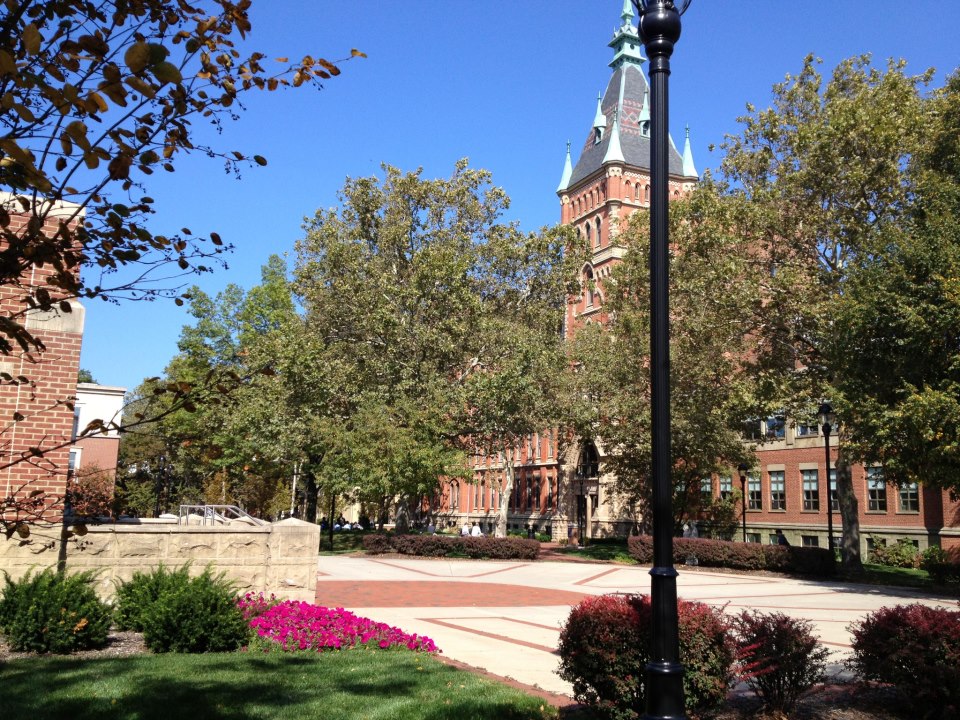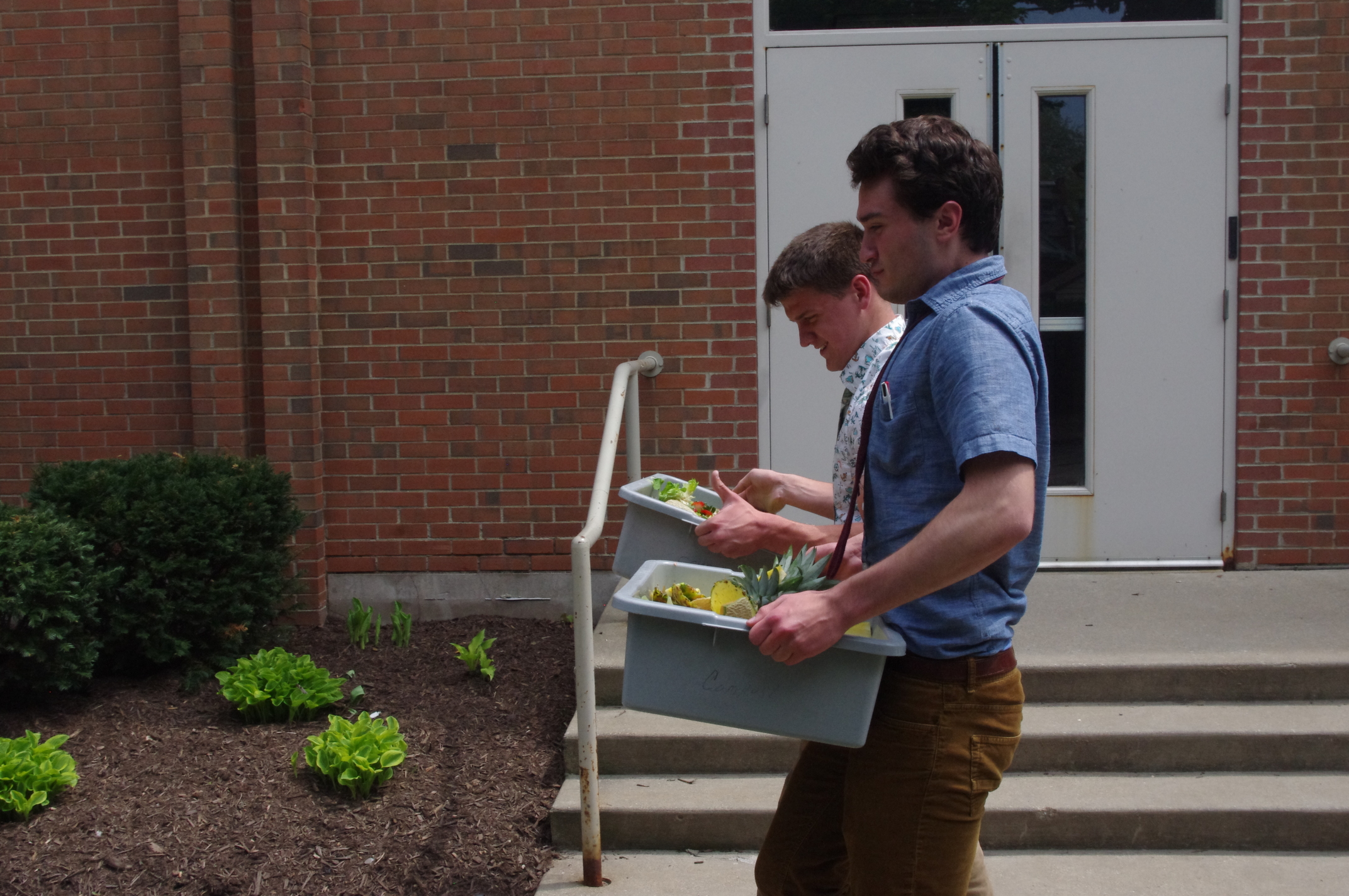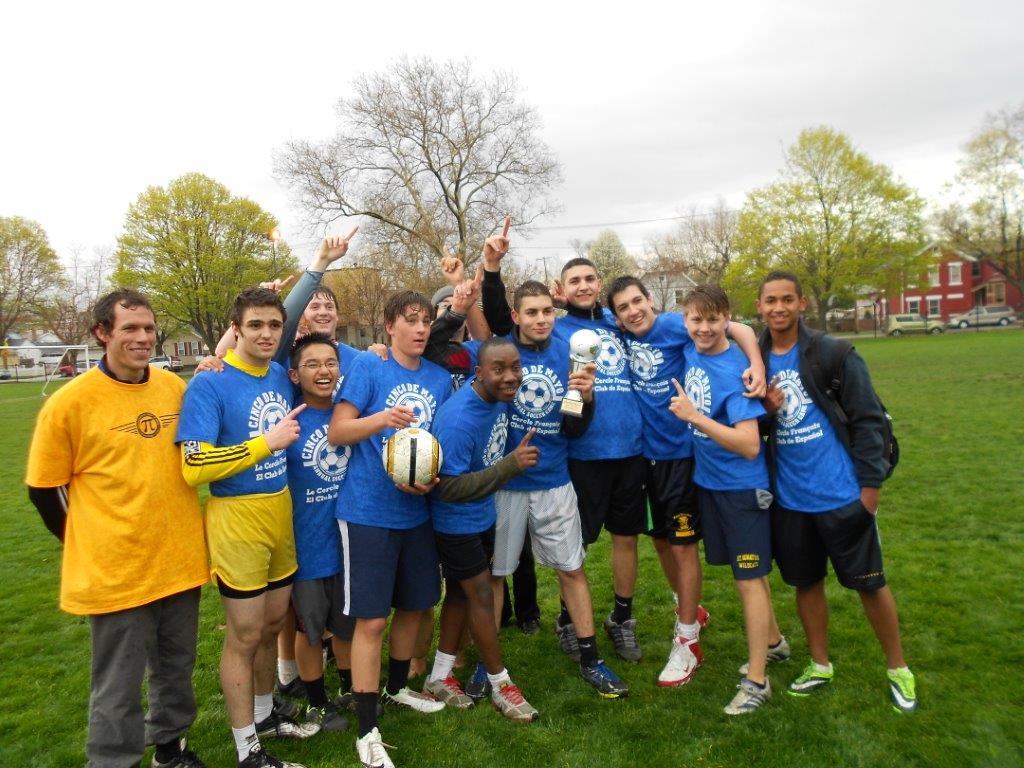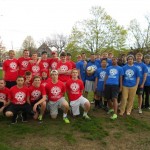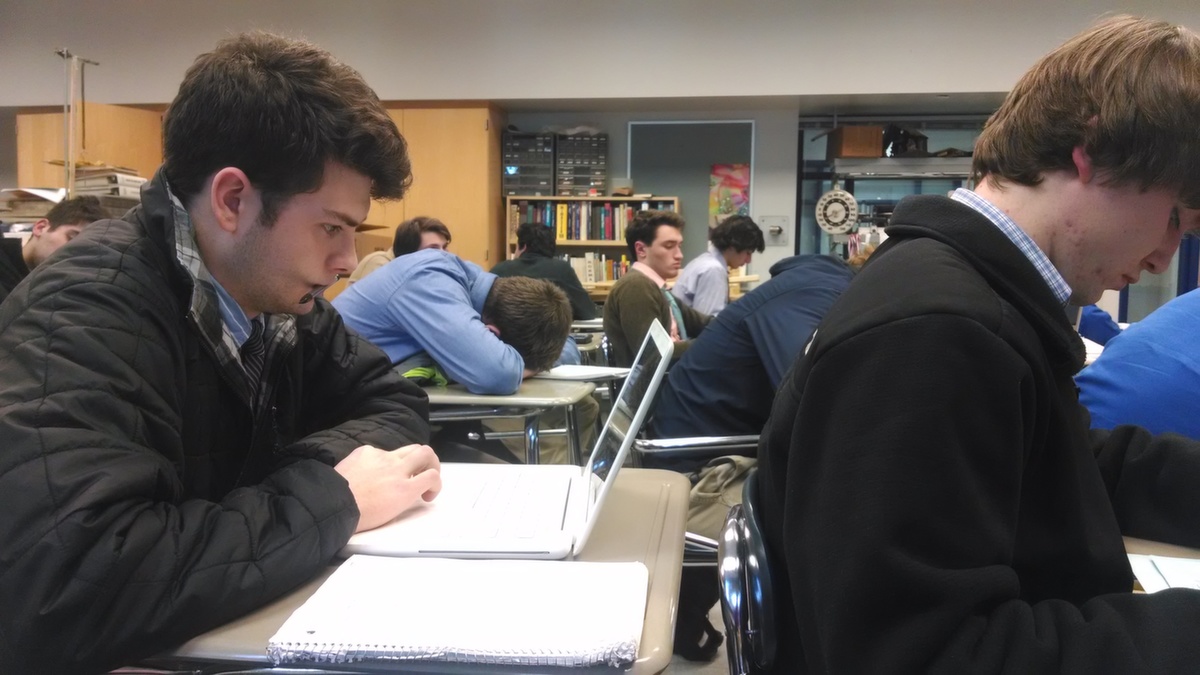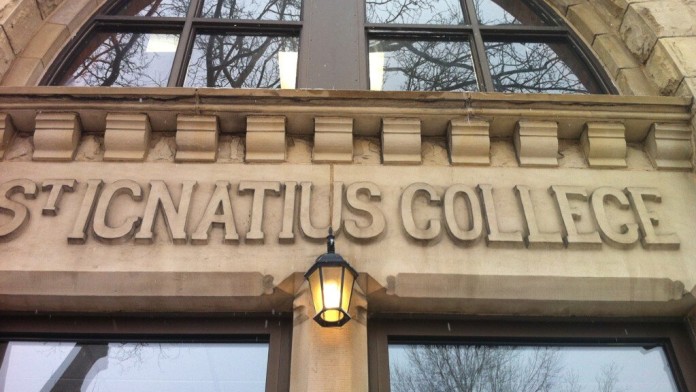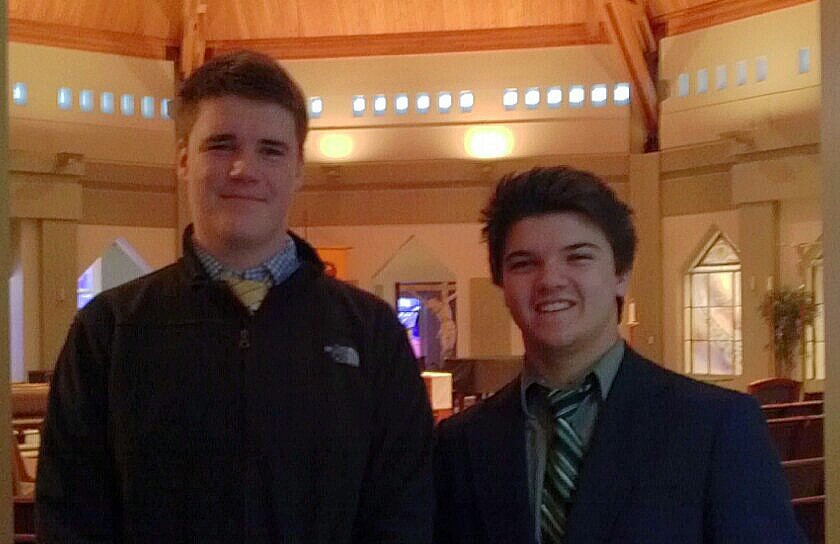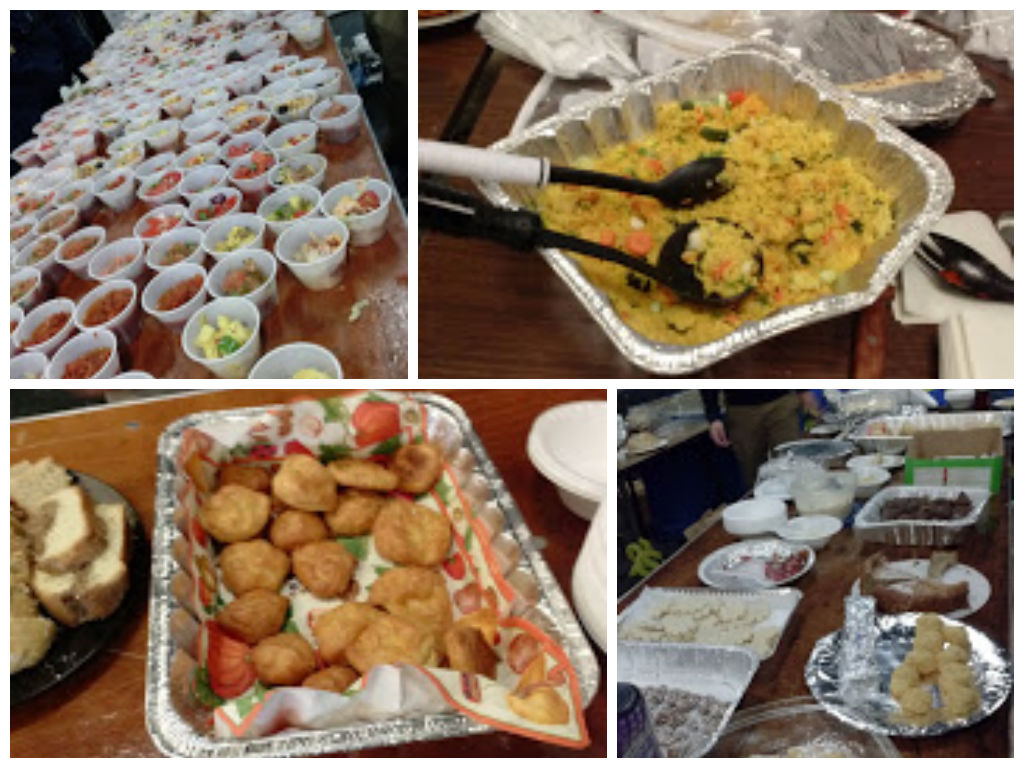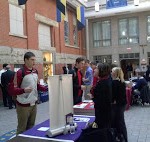by Kellen Dugan ’15
The college application process is notorious as one of the most stressful times of a student’s high school career, and perhaps their entire life. Between pain-inducing standardized tests and endless supplementary essays, sleep is at an all-time low and pressure an all-time high. But once it’s all over, students expect to be relieved by an end to the incessant pressure.
Having attained acceptance to their dream school, they believe, not unjustly, that the suffering should be over. Unfortunately, the harsh realities of rising college tuition mean that their struggles don’t always end there, nor does it always have a storybook ending.
One word more than any other is decisive in the college decision processs: money.
With college tuition higher than ever, having increased more than 500 percent since 1986, the cost of school plays an integral role in college decisions regardless of financial background. The phenomenon of rising tuition and unrealistic financial aid estimates has had a pronounced effect on members of the Saint Ignatius community alone.
Zach Keirn, a senior member of the track team and National Merit Semifinalist, knows just how important financial aid is in the college search. After applying Early Decision to Amherst College, not only one of the most selective schools in the country but also known to be one of the most generous in regards to financial aid, he received word of his acceptance in mid-December and couldn’t be more excited for the following year at his “dream school.”
“I knew it would be a [financial] stretch from the beginning,” Zach said, “but I figured it would all work out in the end.”
With the acceptance letter and nothing but a quarter left of his high school career, Zach was “all but sure” he was attending Amherst College. Since Amherst College has an endowment that could accommodate each student in the school with one million dollars, finances didn’t stress him out very much.
“I have four siblings yet to come through school, and my dad is in the process of starting a business; I thought they would be able to evaluate my situation fairly,” said Zach, after receiving the first financial aid package.
However, after financial evaluations, Zach realized that he needed a very small amount more from the school if he was going to be able to attend; he quickly notified Amherst and submitted his appeal with plenty of time for the school to reevaluate.
As the days quickly passed and the decision deadline approached, Zach became more and more frustrated with the service he received from the financial aid office at Amherst.
“I sent email after email and got nothing in return. I understand if you don’t have enough money for me, but I don’t understand how unprofessionally I was treated,” Keirn said.
Having received no word with just one day remaining before the decision deadline, Zach called Amherst one last time to ask if the financial aid office had been willing to come down the small amount, but he was greeted with a rather curt secretary and a significant raise in the amount of tuition he would have to pay to attend.
“There was just no way,” Zach explained, emphasizing how surprised and upset he was by the disrespect with which he felt he had been treated.
However, the result isn’t all bad; Zach will be happily attending Fordham University at Rose Hill next year on a full academic scholarship. One dream may have been deferred, but Zach is determined not to be held back.



